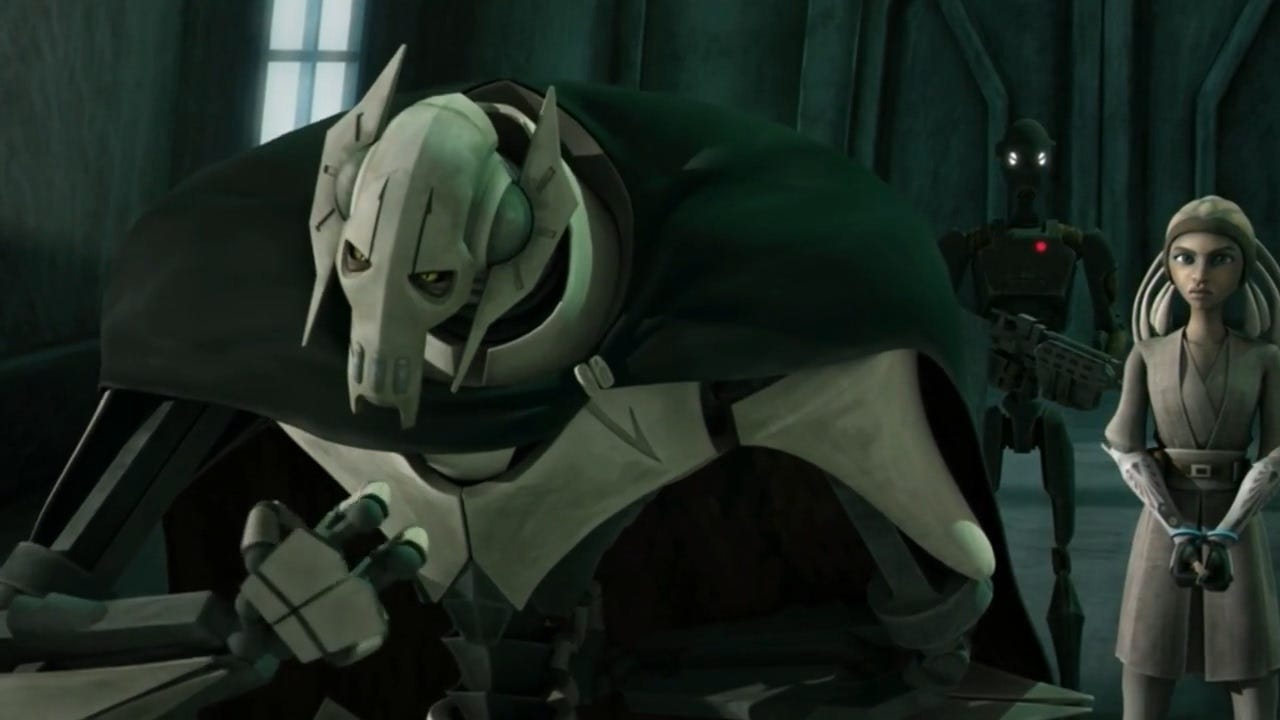Hello everyone, I am Alex, and today I want to question if cyborgs can still be considered to be human or if they are something entirely different.
In my opinion, two things make us human. A body, making up the physical part of our being and our mind making up the psychological part of our being.
One one end of the spectrum for this discussion, we have humans, born with a body and mind of their own. And on the other side, we have machines build by humans with no body or mind of their own.
And in between those two, we have the cyborg, a hybrid between the two.
But with every spectrum comes a problem. At which point is something a machine or a human, and when does it begin to be its own unique entity.
If we could download a human mind into a machine, would it be human?
If we could download an AI into a human body, would it be human?
It is impossible to go over every single case, as there are too many variables to account for. And it is impossible to find a point where the machine starts and where the human ends. Thus the definition of a cyborg is intentionally vague. It is a term made to encompass the vast ocean of possibilities and differences of each case. Therefore offering a term referring to every case, rather than picking a strict definition of what is human and what is a machine.
Let us look at a few examples to gain a better understanding of this scale:
1. General Grievous from the star wars franchise is a proud warrior that has been enhanced with different machine parts to become a deadlier fighter and a better commander. He carries within himself a few of his original organs, such as lungs and a brain. However, the rest is completely mechanical, and thus he is often seen and referred to as Droid. He is no longer seen as a living being but rather a machine by those who first meet him.
2. Major Motoko Kusanagi from the film 'Ghost in the shell' published in 1995, is an agent of an organization called Section 9, which is comparable to a special tactics team. The only human parts of her are a fraction of her brain and spine. The rest is a mechanical body called a ‘shell’.
From those examples, we can already see a few points. Firstly a being needs to resemble both sides of the scale to be seen as both. Motoko clearly resembles a human in her shape and appearance, and thus is easy to refer to as such. However, Grievous is often seen as Droid because of his appearance being purely mechanical.
Secondly, a being needs to have a mind from a living creature. Motoko has had her mind transplanted to her new shell and thus can make her own decisions. Grievous also still has his brain and mind and thus is quick to correct people who refer to him as a machine.
So we can conclude that a cyborg must have taken parts from a living creature, in our case, from a human. However, the way of acting and appearance influences the view of other individuals, therefore making up the first half of the answer to my question.
It is also undeniable that the fusion between a being and a machine will shift this creature's understanding of the world and its overall identity and personality. Thus making up the second half of the answer to my question, but what exactly do I mean by this?
People would be more reckless if they could simply buy new artificial limbs for the one they lost. They would not be as careful with those parts, as they are replaceable.
Both Grievous and Motoko make good examples for this case. They are both shown to often lose limbs or parts of themself in an attempt to gain an advantage or to care little about such damage. Grievous loses arms frequently in battle, and Motoko uses her body as a tool that can be repaired as long as she succeeds on her missions. This is a way of thinking that is very different from the normal thought process of a human.
Let us run a little example to illustrate this further:
A person is strapped to a sawmill and will die if nothing is done. You are the only person within range to help. You could push the person off the sawmill, but doing so would have you lose your right arm as a consequence of the saw blade drawing closer. What would you do?
I believe there is no answer as most humans would hesitate at the thought of losing a part of their body, potentially forever, and thus would ultimately not help the person in need.
Let us rerun the example, but let's say your right arm is now a prosthetic limb, that can be replaced or reattached by simply visiting a mechanic or doctor. Suddenly the problem has faded, and more people would rush to help because they would no longer fear losing a body part. But would know that what they lose is a replaceable item.
So, where is the line? And what is a cyborg?
The first half of our answer was that the resulting being must be recognizable as a human by society and other individuals to be considered human.
The second half is that it is related to the overall nature of the being that emerges from the fusion of man and machine.
Thus I offer this final definition of what a cyborg truly is:
A cyborg is a hybrid of a creature, in our case human, and machine. It will be considered to be human until other humans can longer identify the being that has resulted from this union as a human. Be it based on the physical appearance or behavior of the being. Until then, a cyborg can be seen as truly human.
What do you think? Let us know your thoughts in the comments below.


